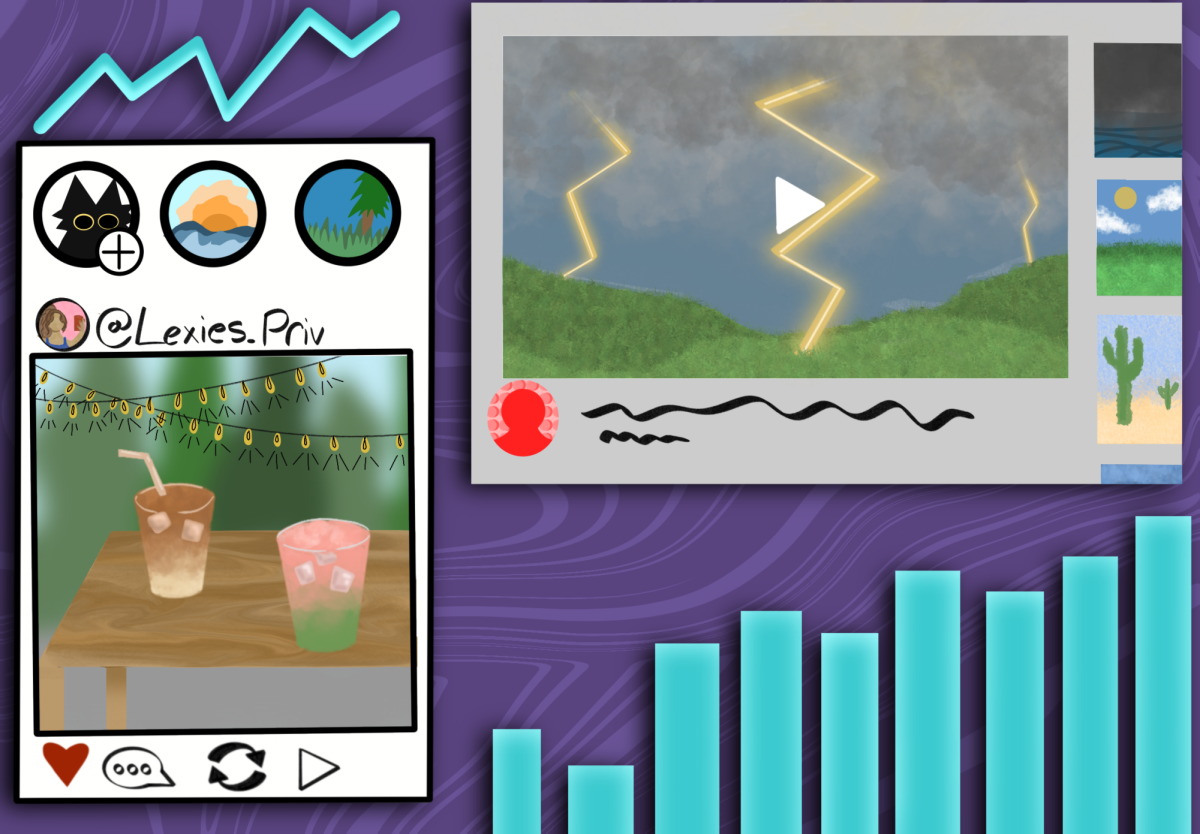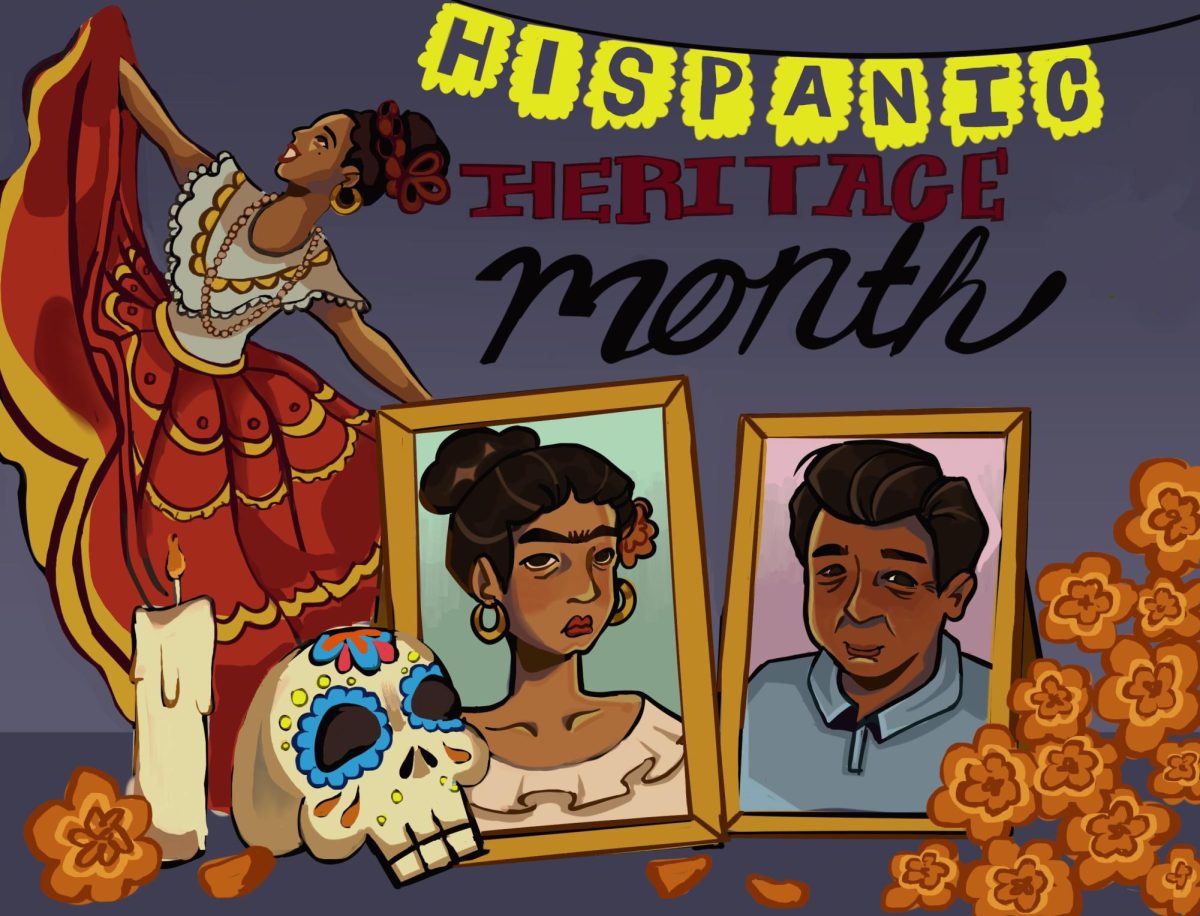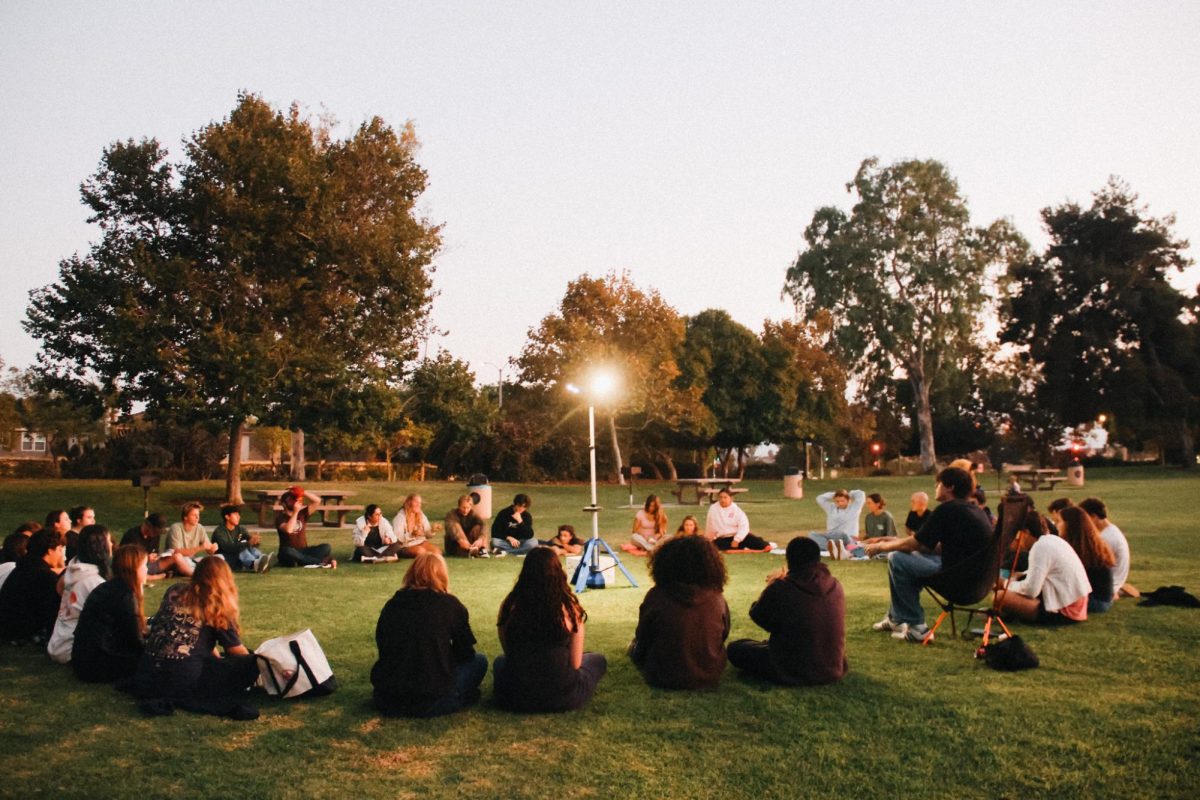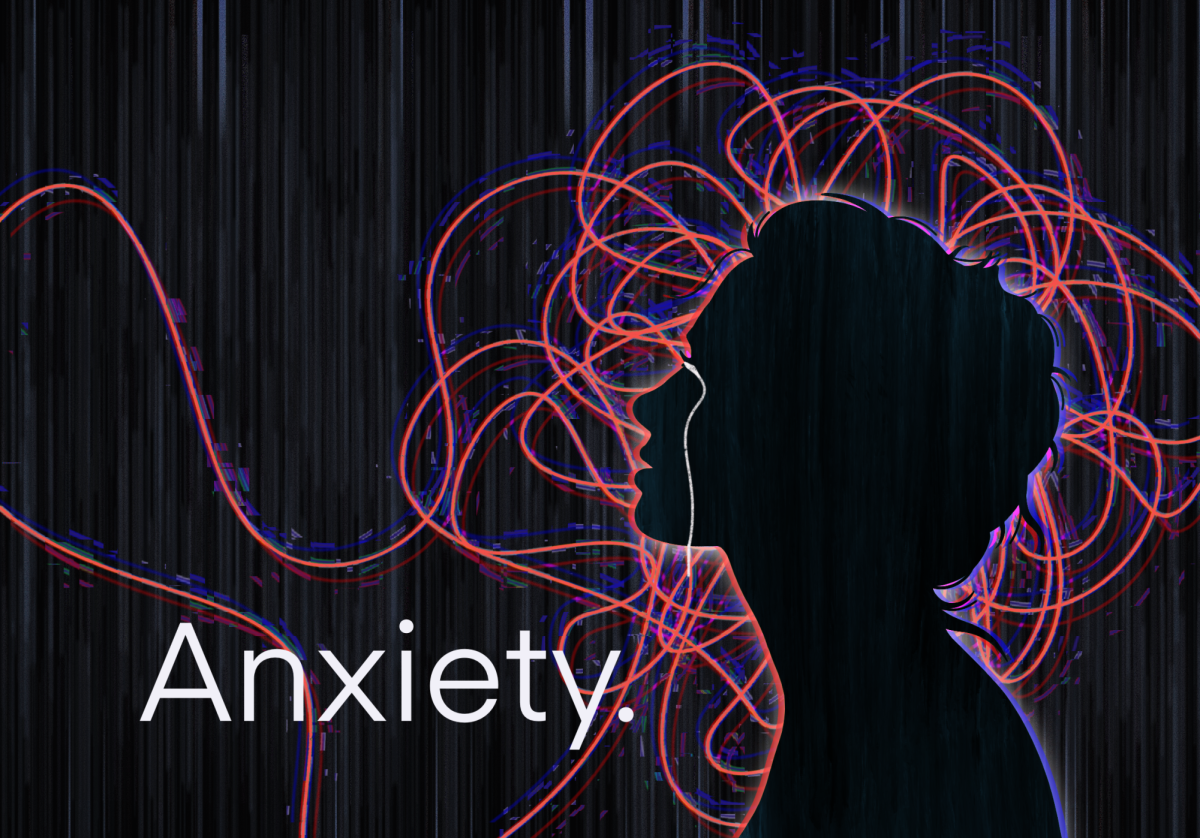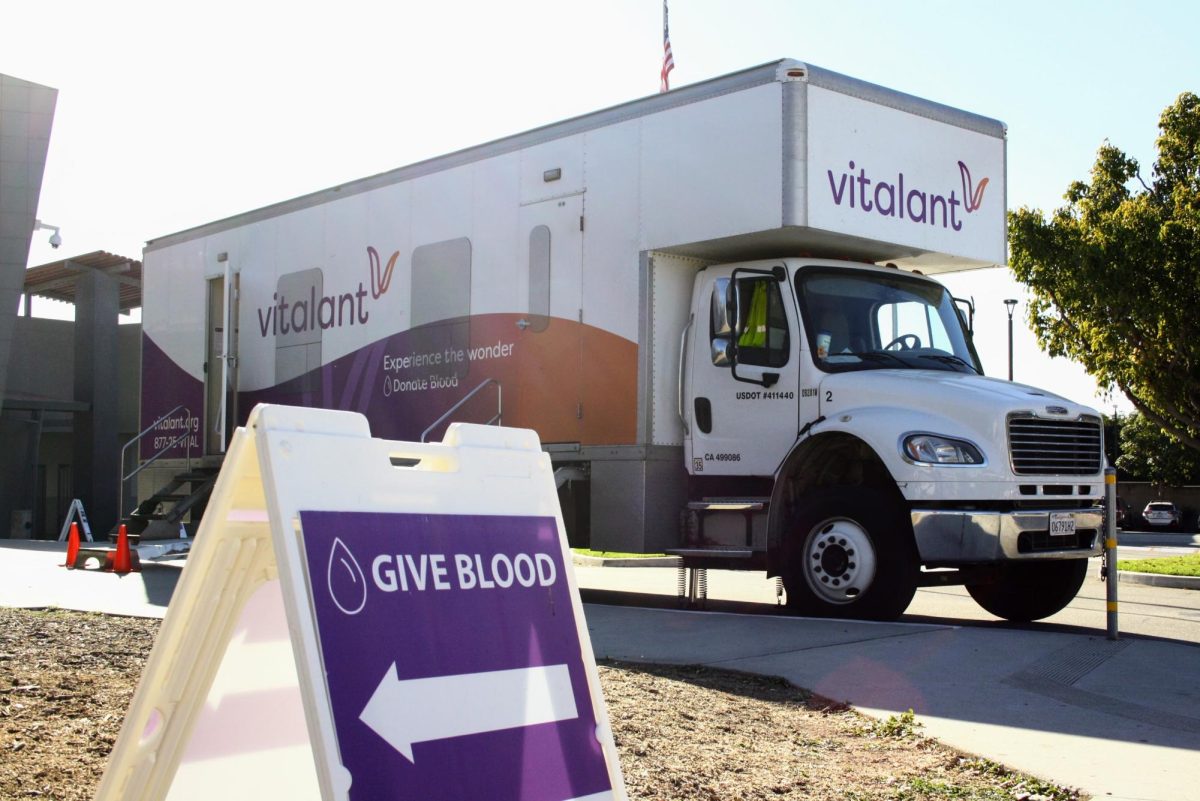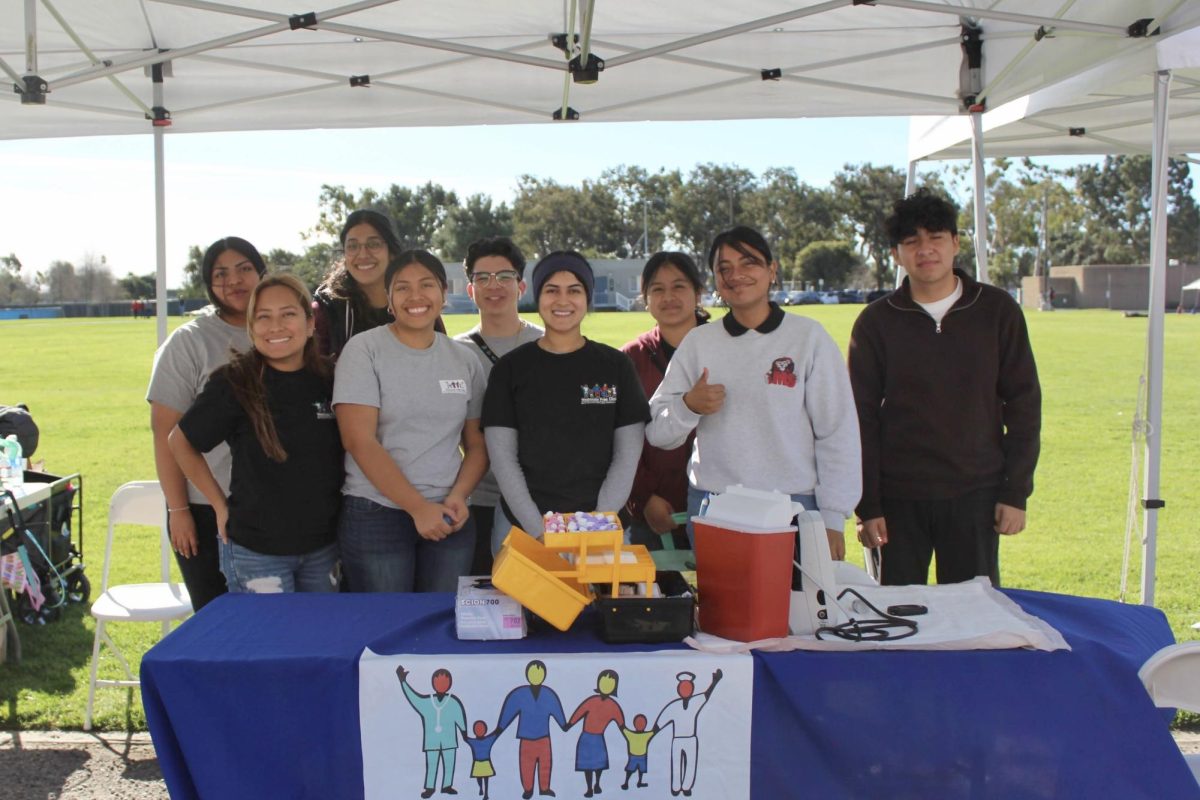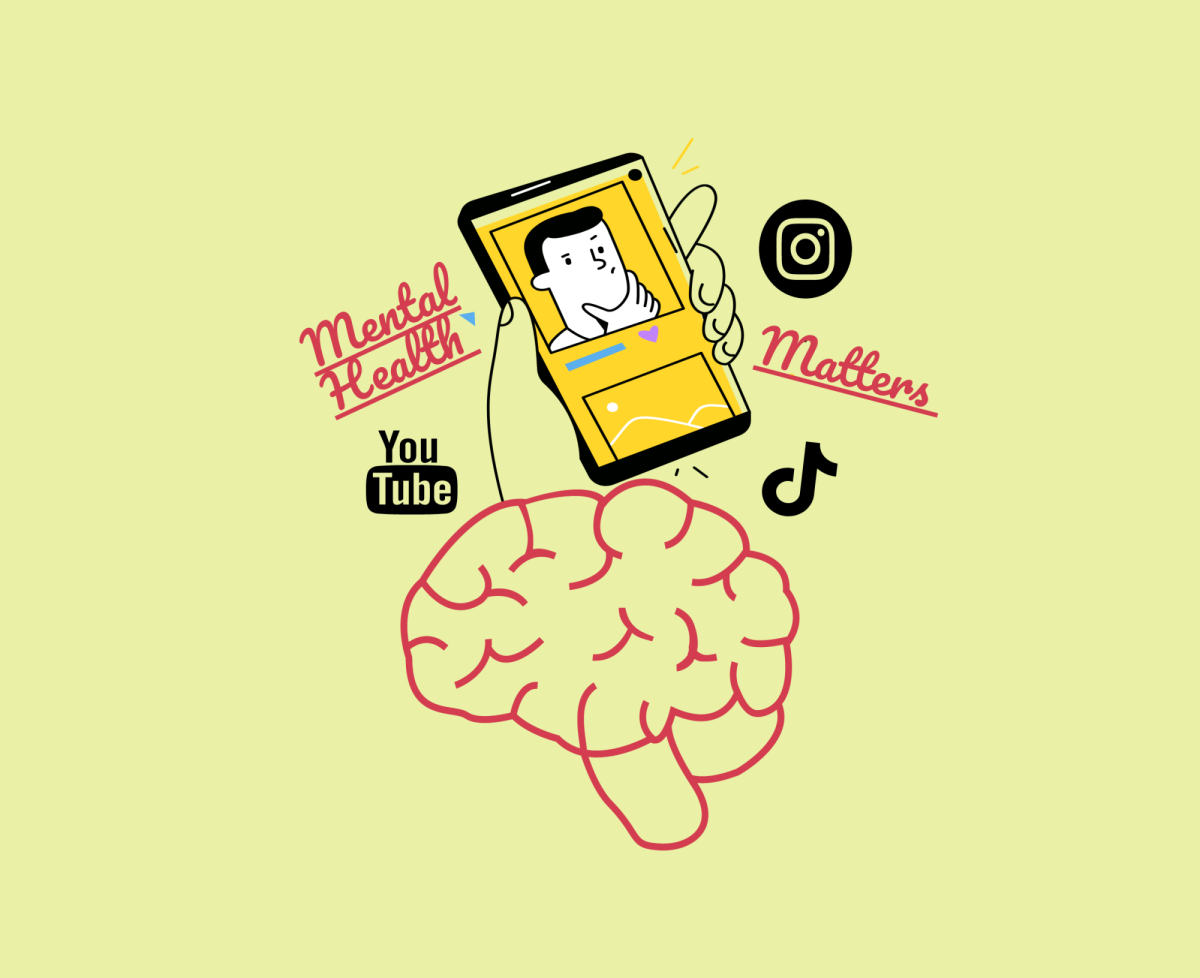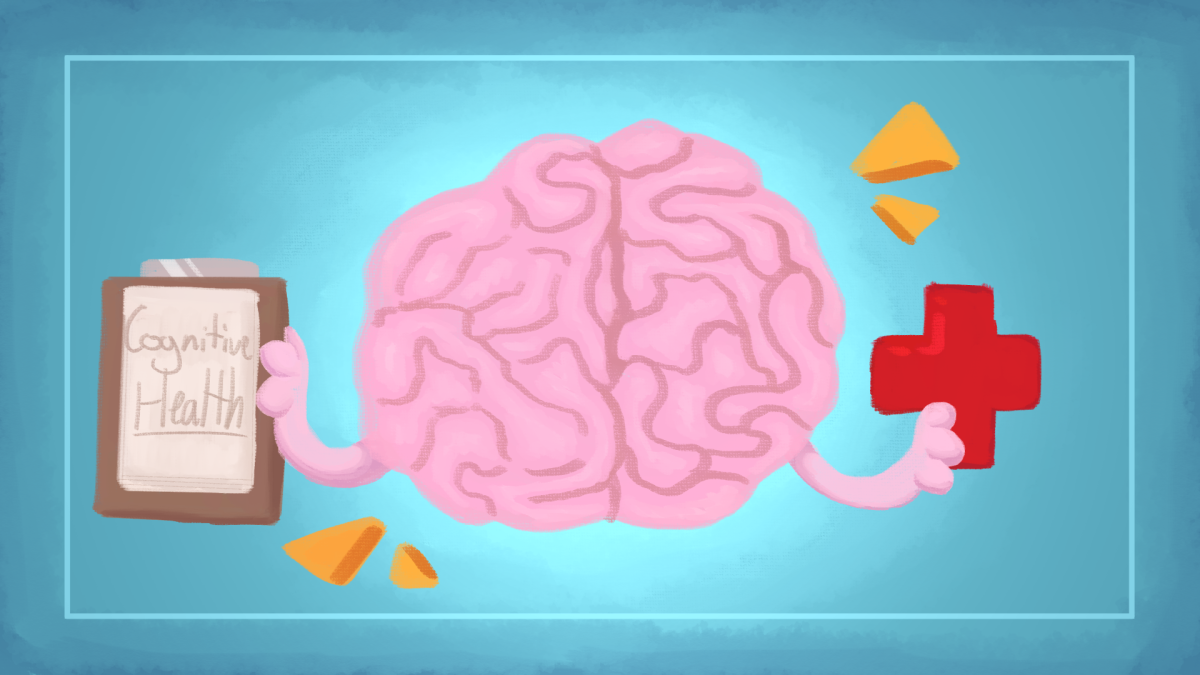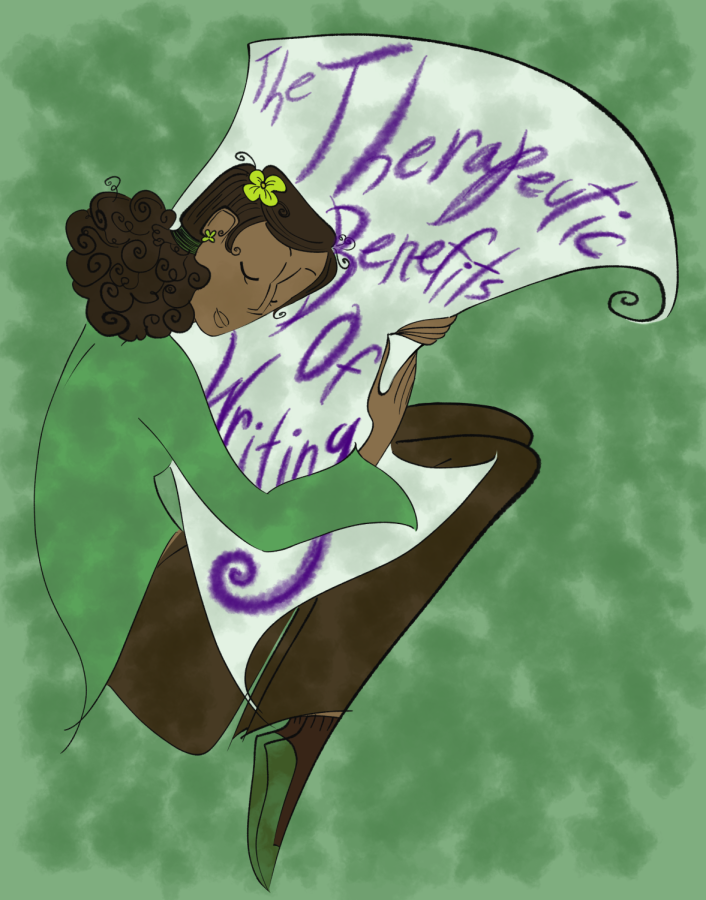Monday through Friday, most Americans dread getting out of bed to pursue the morning commute, claiming they wouldn’t have been able to do it without a cup of coffee. While this statement runs true, as half of America’s population consume coffee daily, Gallup reports that a quarter of these consumers claim to be addicted.
Contrary to their claim, an article on WebMD covers the myths surrounding the addiction to coffee, as it is less addictive than one may think.
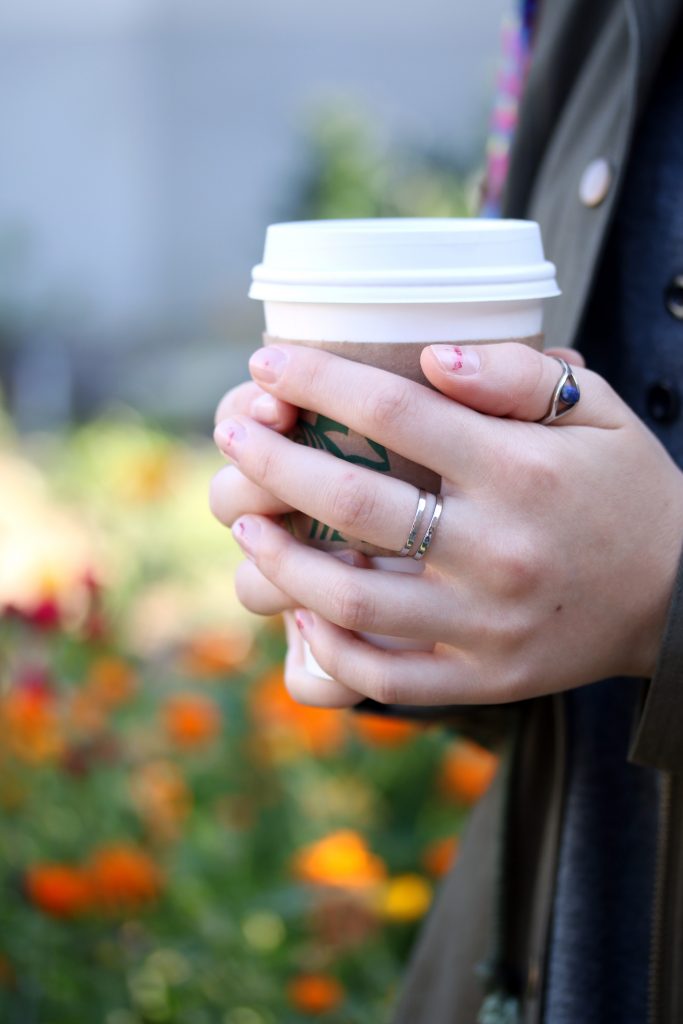
Caffeine stimulates the central nervous system, increasing heart rate and blood pressure, giving the consumer a feeling of alertness. The body has the ability to form a mild dependence on caffeine as it is a drug, but nowhere as severe as harder, and illegal substances.
For an adult, 400 milligrams of caffeine should not be exceeded per day, to prevent the possible threats such as gout breakouts, insomnia and reduced fertility in women.
Although drinking coffee has potential health risks, there are apparent benefits, and for some consumers, they outweigh the negatives.
In a recent article, Donald Hensrud, M.D. addresses the commonly heard of repercussion of mass caffeine consumption: cardiovascular illness.
“Recent studies have generally found no connection between coffee and an increased risk of cancer or heart disease. In fact, most studies find an association between coffee consumption and decreased overall mortality and possibly cardiovascular mortality, though this may not be true in younger people who drink large amounts of coffee,” Hensrud wrote.
Senior and former varsity Dragon basketball guard Lexi Woodward had long days at school, and even longer nights- consisting of games and homework. Caffeine strongly affects her, so she came to rely on drinking coffee to keep her awake and get through her studies.
“Basketball games and practice times would vary every day and sometimes it would be right after school or late in the night or even take up my whole day after school,” Woodward said. “I would be too tired to do my homework and studying so I would go to Starbucks almost everyday to get some caffeine to keep me awake.”
[soundcloud url=”https://api.soundcloud.com/tracks/261165774″ params=”color=ff5500&auto_play=false&hide_related=false&show_comments=true&show_user=true&show_reposts=false” width=”100%” height=”166″ iframe=”true” /]
Josiah Beharry, freshman, has already developed a liking for coffee to get him through his studies as well as Woodward.
“If I have a lot of homework, if I have a project to work on, or something important I have to stay up for, I drink coffee,” Beharry said.
According to the U.S. Centers for Disease Control and Prevention, more kids are getting caffeine through coffee and energy drinks rather than soda, having said now roughly 73 percent of American children consume some level of caffeine daily.
Rather than utilizing caffeine to stay alert, freshman Maddy Ruffinelli has a more upbeat alternative- music.
“To boost my energy I listen to music because it keeps me awake, more alert and more motivated,” Ruffinelli said.


